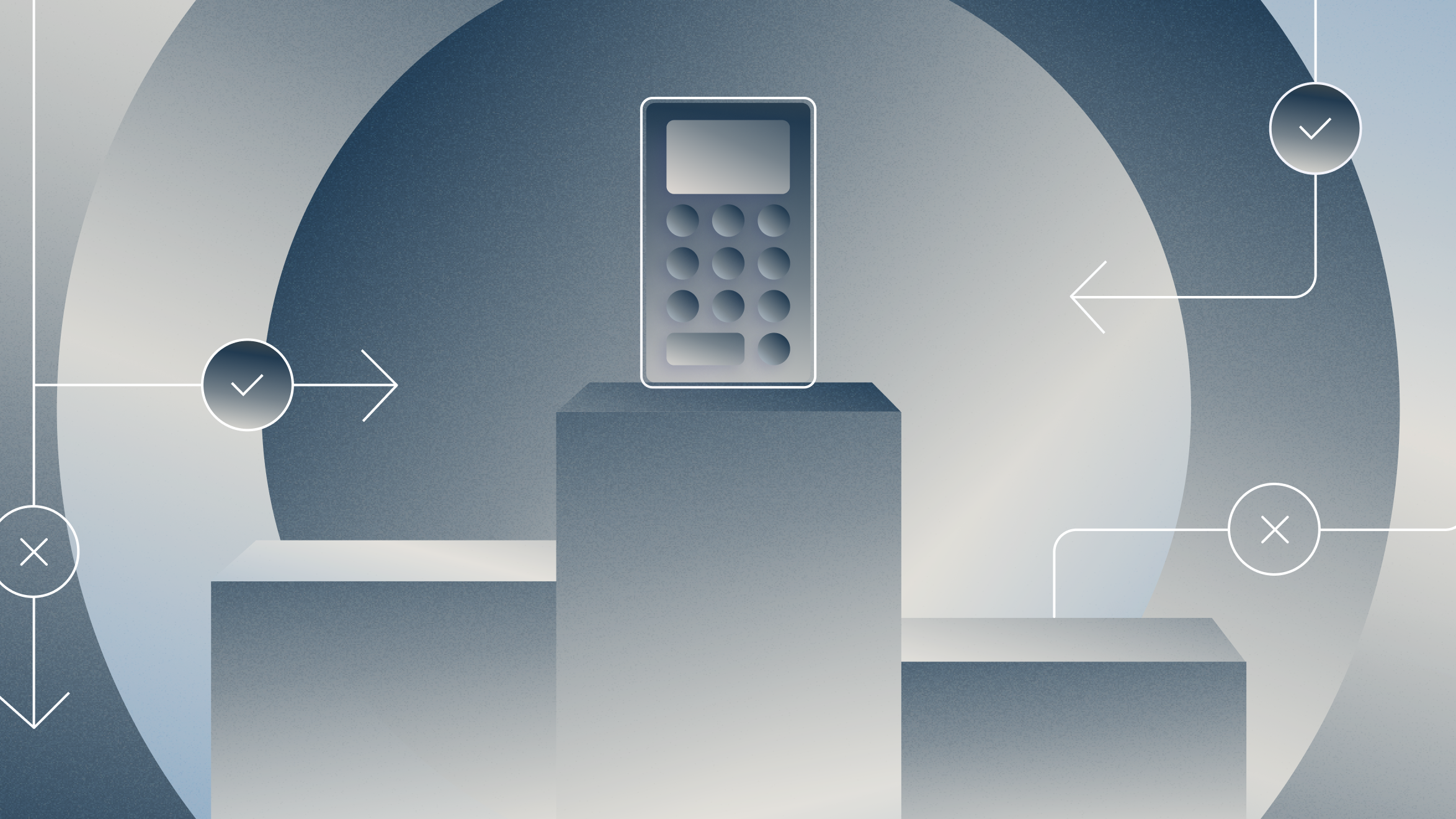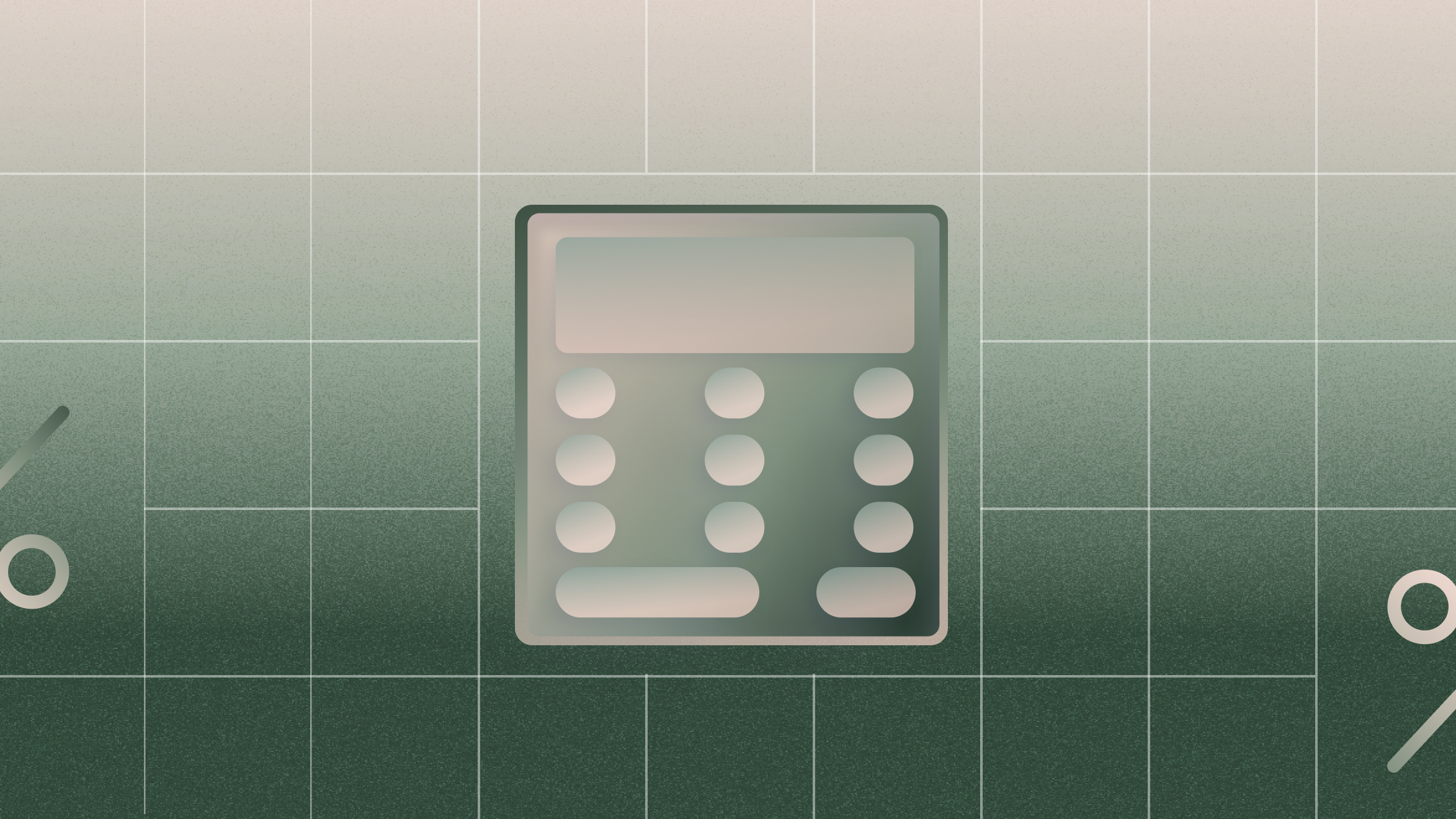How to consolidate business debts

If you’re juggling multiple payment due dates, variable interest rates, and a plethora of conflicting terms, you’re likely exhausted from managing your business debt. For many small business owners and bootstrapped startup founders, business debt can quickly transform from a growth tool to an administrative nightmare.
It’s time to look into debt consolidation for your business. When you streamline your loans, cards, and credit lines into a single payment, you take back control of your business so you can once again focus on its growth. This guide breaks down what debt consolidation is, when you should consider it, and how you can apply it to your business.
What is business debt consolidation?
Debt consolidation for businesses is the process of combining multiple forms of debt from multiple lenders — such as credit cards, lines of credit, and merchant cash advances — into a single loan from one lender with one monthly payment. This new loan or line of credit is then used to pay off the existing loans.
Business refinancing is sometimes confused with debt consolidation as they are similar processes. The key difference is that business refinancing involves taking out one new loan to pay off one existing loan, while debt consolidation involves taking out one new loan to pay off multiple existing loans.
When does it make sense to consolidate business debt?
Having multiple sources of debt as a scaling business is common. What’s not normal is when those multiple sources of debt start feeling like an administrative and financial vice, slowly tightening its grip. How do you know it’s the right time for you to start consolidating business debt? Consider whether you need to take one of these actions.
Lower your total interest rate
Have market rates dropped or has your business credit profile improved since you negotiated the terms of your loans? This may mean that you could lower your total interest rate when you consolidate your debts into a single loan.
Make your monthly cash flow more manageable
Having multiple payments each month may be taking up too much of your available cash flow and time. With consolidation, you have one monthly payment — and more breathing room for your business.
Improve your lender relationships and loan terms
If your previous lender relationships are strained or if they are charging your business punitive rates, you may need debt consolidation. A new lender may lead to more favorable rates, as well as a single point of contact who understands the situation your business is in.
Avoid default, late fees, and missed payments
Falling behind on your payments will damage your credit score. Consolidating business debt will enable you to have one manageable payment while keeping your credit score strong. Plus, you can avoid late fees and financial penalties that impact your bottom line.
Prepare for investor conversations
Simplify your balance sheet and create more stable cash flow with consolidated debt, showing investors you’re ready for an equity raise and major expansion.
Types of business debt that can be consolidated
When it comes to business loan debt consolidation, which types of debt can you actually combine? Here are the types of debt that can be consolidated:
- Term loans
- Business credit cards
- Lines of credit
- Merchant cash advances
- Business cash advances
- Equipment loans or leases
- Invoice financing
- Micro loans
- Payday loans
- Small alternative lender loans
- Mortgages
- Car loans
You may be wondering whether you can consolidate your personal loans with your business debts. A word of warning: this is not a wise decision. If you combine personal and business debts, you essentially blur the legal and financial lines that separate you personally from your business. This can also complicate bookkeeping and taxation, and raise many red flags for investors and lenders.
Step-by-step: How to consolidate your business debts
Does the process seem overwhelming? You’re not alone. Here’s how to consolidate business debt, step by step.
1. Inventory all existing debt
Start by creating a full picture of the debt that needs to be consolidated. You will need to know each type of debt, including balances, interest rates, fees, payment schedules, and lender information.
2. Assess your credit and eligibility
Review your credit reports and ensure all of the information is accurate and up to date. Lenders will check out your business and personal credit, and will be looking for your revenue stability among other criteria to ensure you can keep up with your new payments.
3. Compare consolidation loan options
Evaluate your options carefully. Look at interest rates, repayment terms, funding timelines, and fees. Do the math to ensure your new consolidation loan will actually lower your total cost and give your cash flow some breathing room.
4. Apply and negotiate terms
To apply for debt consolidation, you will need to provide your business plan, business licenses, financial statements, debt list, and tax returns. You may have the option to negotiate for lower interest rates, reduced fees, or longer terms.
5. Use funds to pay off prior debts
The key here is to make your payments on time, every time, and continue to do so until you’ve eliminated your debt. Setting up automatic payments is a good idea so nothing falls through the cracks.
6. Plan for your business’s future
Consolidating debt is only the beginning of building healthy financial habits for your business. To keep your business in a strong financial position, build a cash reserve, improve your cash flow management, and start planning your next strategic growth move.
Key pros and cons of consolidating business debt
Should you or should you not consolidate your business debt? That is the question! Consider these advantages and drawbacks. While it’s not right for every small business or founder, debt consolidation can support many businesses with their growth goals.
Pros of small business debt consolidation
- Simplified and streamlined payments
- Cash flow stability and predictability
- Potentially lower interest rates
- Stronger lender relationships
- Replacing high-cost debt
Cons of small business debt consolidation
- Longer repayment horizon
- Upfront fees
- Approval may be challenging
- May require collateral
- May require personal guarantee
Where to get consolidation loans
You can get a loan that can be used to consolidate your debt from traditional banks, online lenders, the Small Business Administration, and alternative banking solutions like Mercury, which offers a business credit card and working capital loans.
Be sure to check your eligibility as many lenders will require a minimum time in business, minimum revenue, and strong credit scores. You’ll also want to carefully compare interest rates, length of term, and fees. Go with a lender that best helps you meet your business goals, such as streamlining payments, lowering the total cost of debt, and boosting cash flow.
Business loan debt consolidation in action
Consider this real-world scenario: An early-stage founder of an e-commerce brand was juggling mixed debt, including multiple high-interest credit cards and a merchant cash advance. The high monthly payments were consuming her cash flow.
So, she opted to consolidate her debt with a single loan. The single monthly payment lowered her overall interest costs, eliminated her daily merchant cash advance withdrawals, and brought steady cash flow.
Now, she has cleaner financials and more clarity into her business, and she’s ready to confidently enter investor conversations to scale her company.
Is consolidating business debt the right move for you?
Business debt consolidation is a smart move when used strategically. If the multiple monthly payments are straining your cash flow and creating an administrative headache, debt consolidation can help you simplify your finances, lower total interest costs, and offer cash flow stability.
How can you consolidate business debt? Start by finding the right lender for your company. Explore Mercury’s financial tools and flexible credit solutions to see if it’s the right fit for your needs.
Related reads

State taxes for startups: What founders miss most often

The entrepreneur’s income tax checklist: What to file, when, and how

Transforming tax compliance into a growth lever for startups
